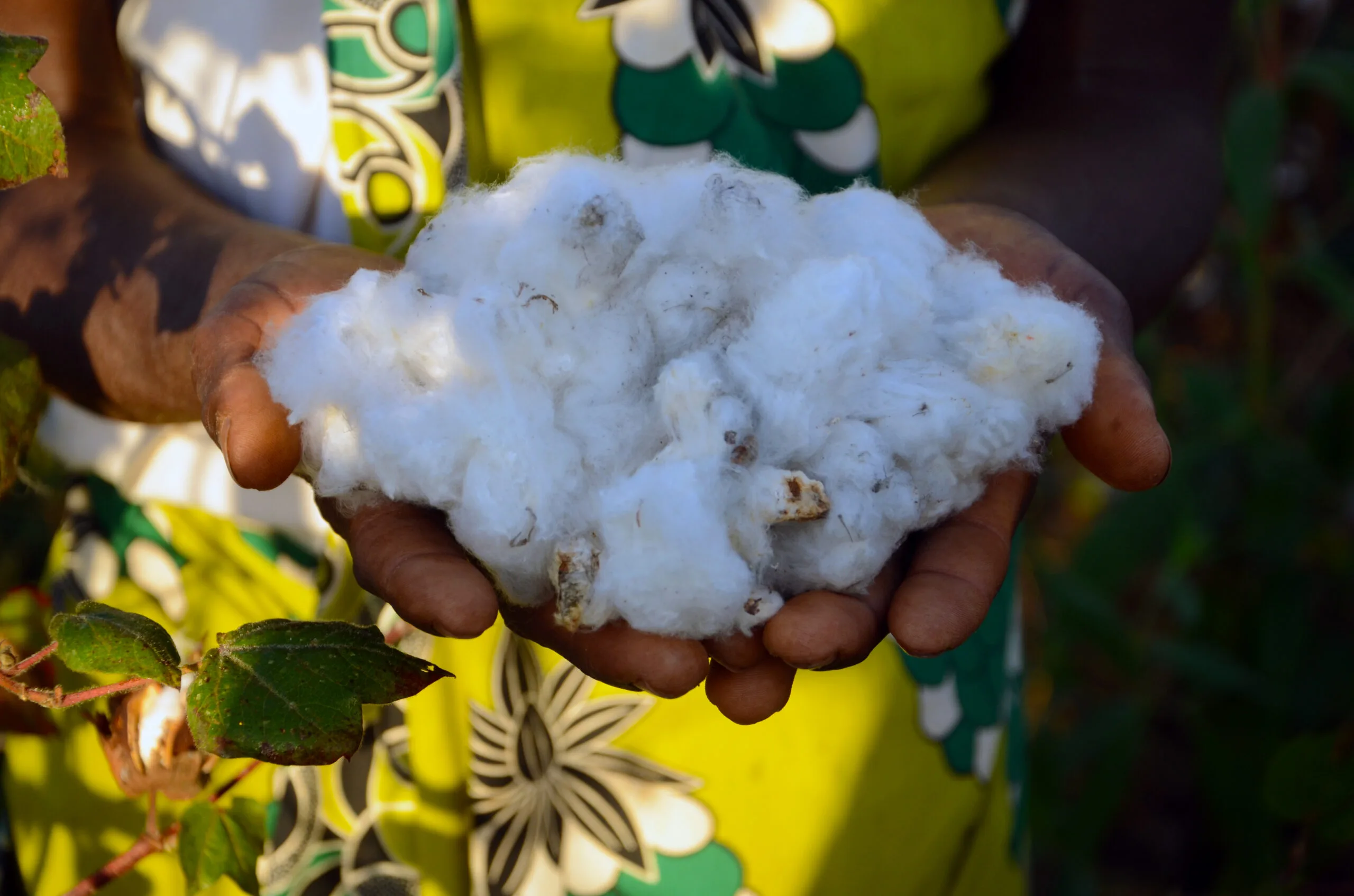The Better Cotton Initiative (BCI)’s commitment to ensuring that claims made about our work and that of our partners and members are credible, transparent, and accurate is crucial for maintaining trust and accountability.
When companies or individuals make statements about their involvement with BCI, it’s important that these claims reflect the true nature of their commitments and the real impact of their actions.
Our focus on communication helps to build trust with stakeholders, including consumers, partners, and communities. It also ensures that the progress being made towards our mission of sustaining cotton production is accurately represented and that the true impact of BCI’s initiatives is communicated clearly and effectively.
Better Cotton Initiative Claims Framework
The Better Cotton Initiative (BCI) Claims Framework is one component of the BCI Standard System. It is created through a multi-stakeholder consultation process and is subject to an annual update.
No organisation is obliged to make any claims about BCI. However, should they wish to communicate about their commitment, the Claims Framework is the set of guidelines which provides guidance and rules to ensure they can do so in a credible and positive way.
Claims are available according to an organisation’s eligibility, which can be found within the Claims Framework. It also includes the approval process for making a claim, as well as the corrective action plan process and steps taken by BCI when misleading, unauthorised claims are found.
We also have other communications tools available for our members, such as our Marketing Toolkit for Retailer and Brand Members (coming soon) as well as a selection of images, ready-made materials, and videos highlighting the work being done at the farm level, called farmer stories.
By combining claims in the framework with these other resources, organisations can articulate a compelling story that is meaningful to them and their customers.
Organisations should always refer to the most current version of the Claims Framework to ensure that the context in which they want to use a claim is not in breach of the Claims Framework.
Use of the Claims Framework is governed by the BCI Code of Practice, BCI Terms of Membership and BCI Monitoring Protocol.
The Claims Framework version 4.1 was published on 31 October 2025.
Useful Resources
BCI Claims Framework v4.1 – English
The Claims Framework has been established to allow relevant stakeholders to communicate about their involvement with BCI in a way that is transparent, meaningful, and protects the credibility of the programme.
BCI Claims Framework v4.1 – Claim Text Translations
BCI Claims Monitoring and Assurance Procedures v1.0
BCI B2C Label Design and Logo Use Guidenlines v1. 1
BCI B2B Logo Use Guidelines v1.0
Frequently Asked Questions
| Claims Framework v 4.1 | Claims Framework v 3.1 |
Logos |
|
|
Approval Process |
|
|
Organisational Claims |
|
|
Certified Organisation Claims |
| |
Product-Level Claims
|
|
|
The Claims Framework, which is a component of the BCI Standard System, outlines the claims that can be made by all organisations, including Suppliers and Manufacturers and Retailers and Brands, as well as certified organisations and certification bodies.
We have various member resources on myBCI, which you can access here.
If you have any questions, please send them to [email protected].
Phase out of the Mass Balance On-Product Mark


In May 2024, BCI announced the phase-out of the current mass balance on-product mark (label) for members who are sourcing cotton via our mass balance chain of custody system.
By May 2026, the mass balance on-product mark must be out of circulation.
Introducing the New BCI Cotton Label
We’re proud to announce the launch of the new BCI Cotton label on 7 October 2025. The BCI Cotton Label signals that the cotton in a product was grown by BCI Farmers, who have been certified against requirements in our farm-level standard to protect and restore the environment and improve the livelihoods of cotton farming communities.
False Claims in Supply Chains
Inaccurate or misleading claims not only undermine the integrity of the programme but can also diminish the value of the positive changes that BCI is working to achieve.
BCI takes any supply chain integrity violations, especially false claims, seriously and investigates them thoroughly using all the tools at its disposal. BCI actively monitors claims and communications made about us to protect the credibility of our mission and our membership community.
In instances where a claim or communication does not conform with our Member Code of Practice or Claims Framework, BCI reserves the right to deem a claim is improperly used and thus considered a non-conforming claim. Non-conforming claims include instances where a non-certified entity deliberately or unintentionally sells a product as ‘BCI Cotton certified cotton’ when it is not the case.
Communications which are considered misleading and non-conforming are but not limited to; the use of unacceptable range marketing/sustainability filters, messaging that confuses or misrepresents our mission, the use of our logo without having permission, and use of an old or edited logo not in line with current branding guidelines.
Anonymous Misleading Claims and Communications Reporting Form
BCI actively monitors the claims and communications made about us to protect the credibility of our mission and our members.
Misleading claims about BCI could include:
• Claims made by a company or supply chain actor that is not a BCI Member claiming to be one
• Claims being made on products by non-BCI Members
• Claims that misrepresent BCI’s mission
• Claims that suggest Physical BCI Cotton sourced via Mass Balance is present in a product, fabric or yarn
This form may be filled out to report any misleading claims or communications being made about BCI. No personal data will be gathered or stored beyond what is entered into the form. Please fill out all required sections.










































